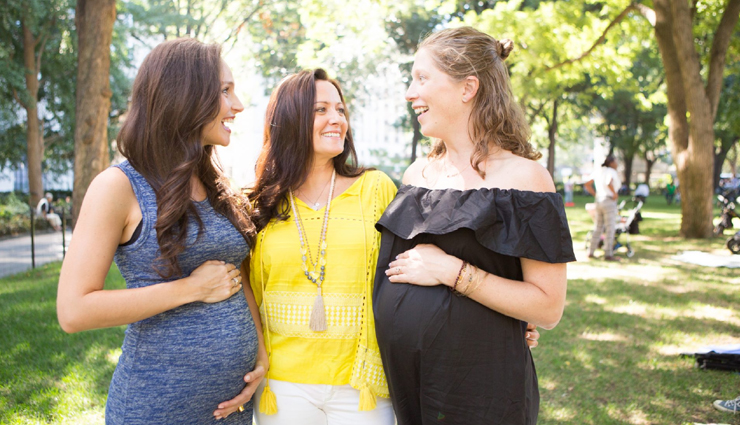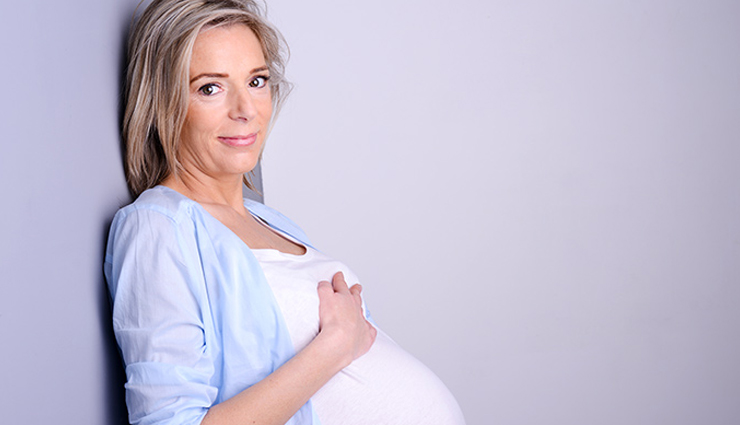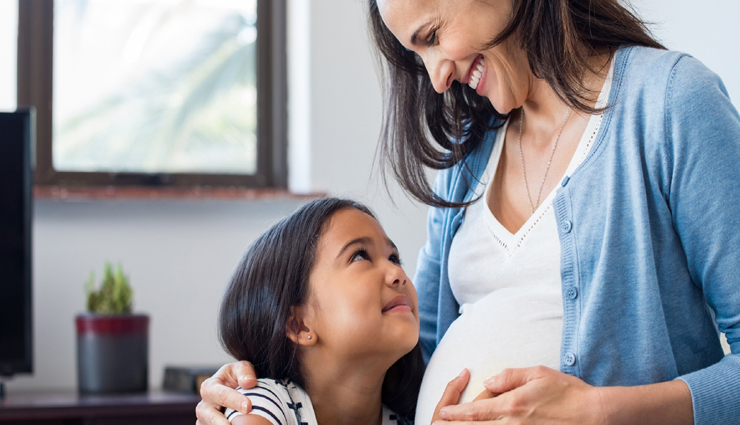- Home›
- Healthy Living›
- Understanding The Connection Between Age And Fertility
Understanding The Connection Between Age And Fertility
By: Priyanka Maheshwari Wed, 30 Sept 2020 6:18:25

If a woman ever says that she feels as if her biological clock is ticking, she may have a point. It turns out that a woman’s fertility starts to gradually decline in her mid-thirties. These days, more and more people wait to get married and have children. That could lead to an increase in the number of couples who experience trouble getting pregnant.
Before jumping to conclusions, it should be said that there are lots of women out there who conceive without any major problems. Yet it’s always something to be aware of; her magic window for getting pregnant is in her early twenties. This age group experiences the lowest number of miscarriages. A woman is at her most fertile around age 18 but this is pretty early for the majority of ladies today. In fact, the average age of first-time moms has been on a steady increase for the past few decades. In 2018, that age was 28. Compare that to the 1970s, when the average age was about 21.
If people go by these statistics alone, they might assume that women today will have exponentially more trouble conceiving. However, it’s important to take into consideration other factors besides age. While it’s true that fertility drops in a woman’s thirties, she is still very likely to get pregnant in her early to mid-thirties if she’s trying. By age 38, infertility becomes a very real threat.
It’s not just an inability to conceive that thirty-something-year-olds need to think about. Women who get pregnant in their late 30s or 40s have a higher chance of having a baby with birth defects. Their likelihood of miscarrying also rises and can become too high for some couples to take the risk. The added stress of knowing these things can also hurt the chances of getting pregnant. While it’s totally okay to wait, holding out for too long can do irreparable damage.
As a lady gets older, she produces fewer eggs and even the ones that she does pass tend to be of lesser quality. A girl is born with all of the eggs that she will ever have. She passes one from her ovaries to her womb every month, starting at puberty. This typically happens every month until menopause hits, usually in her fifties. Some women experience menopause in their forties or even thirties. Anyway, those eggs are sitting there with one getting released each month. Over time, the eggs that stay in the ovaries are getting older and older. That’s why as a woman ages, she is less likely to conceive.

* Other Factors That Affect Fertility
Of course, age isn’t the only deciding factor that a couple should think about. Lifestyle habits can play a huge role in how long it takes to conceive if they can at all. Things such as smoking and excessive drinking can hurt chances, as can carrying extra weight. Obese women have a harder time getting pregnant than women who are at a healthy weight. Sexually transmitted diseases will also play a part, which is why safe sex is so important.
* Treating Infertility
If a couple is having trouble conceiving, they aren’t necessarily stuck in that situation. One option is in vitro fertilization, or IVF. Even so, IVF isn’t for everyone and some clinics may turn down a couple if they are past a certain age. Just as with a natural pregnancy, IVF can be less likely to succeed if a woman is older. A variety of tests can help doctors come to a conclusion about a couple’s chances with IVF. They look at several different factors and run a few exams to make a solid decision. In some cases, IVF may be the best solution but in other cases, it might not be suitable.
In the UK, IVF treatments may be available to a couple at little to no cost. In general, women under the age of 40 should be entitled to three free cycles of IVF treatment if they meet certain parameters. This includes evidence that IVF is their only option; they have failed to conceive after two years of trying; and they haven’t gotten pregnant with artificial insemination.
For women aged 40 to 42, one free cycle of IVF may be available if they haven’t had success with artificial insemination; they’ve tried getting pregnant for two years without success; they’ve never undergone IVF before; and they tested negative for low egg count. It is possible that women may have to pass other qualifications. This could include being childless, a non-smoker, at a healthy weight, and under a pre-determined age.

* It’s a Men’s Issue Too
Don’t forget about the other half of the relationship. Infertility isn’t solely a women’s problem. Men become less fertile with age, primarily due to lower sex drive, decreased level of male hormones, and diminished quality of sperm. If both the man and the woman are over the age of 40, they may find it particularly difficult to get pregnant and that can be incredibly stressful. Again, an IVF specialist will take into consideration the ages and health conditions of both the man and the woman.
* Pregnancy After Age 40
If a couple is able to get pregnant after age 40 or so, hospitals and doctors pay special attention to each trimester. A number of specialists may be assigned to the woman and they will keep tabs on her health as the baby grows. One in five pregnancies after age 40 ends in a miscarriage so medical professionals will usually be very involved in an older woman’s pregnancy. Pre-natal and post-natal appointments will also be crucial for the mother.
In order to ensure the highest chances of a healthy pregnancy, delivery, and baby, women can be careful to maintain a healthy weight; refrain from smoking, using drugs, and drinking heavily; stay active; and eat a nutrient-dense diet. They should limit their caffeine intake and get enough folic acid. There may be a few more things to consider but it’s well worth it when a healthy baby is in the arms of his or her mother.





